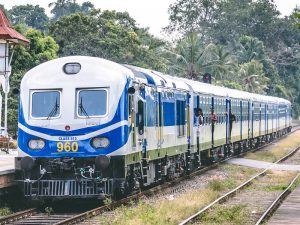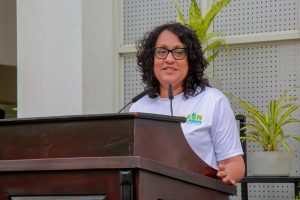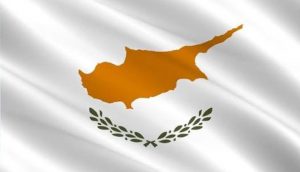Women’s Day: Prime Minister’s promise and demands of affected women!
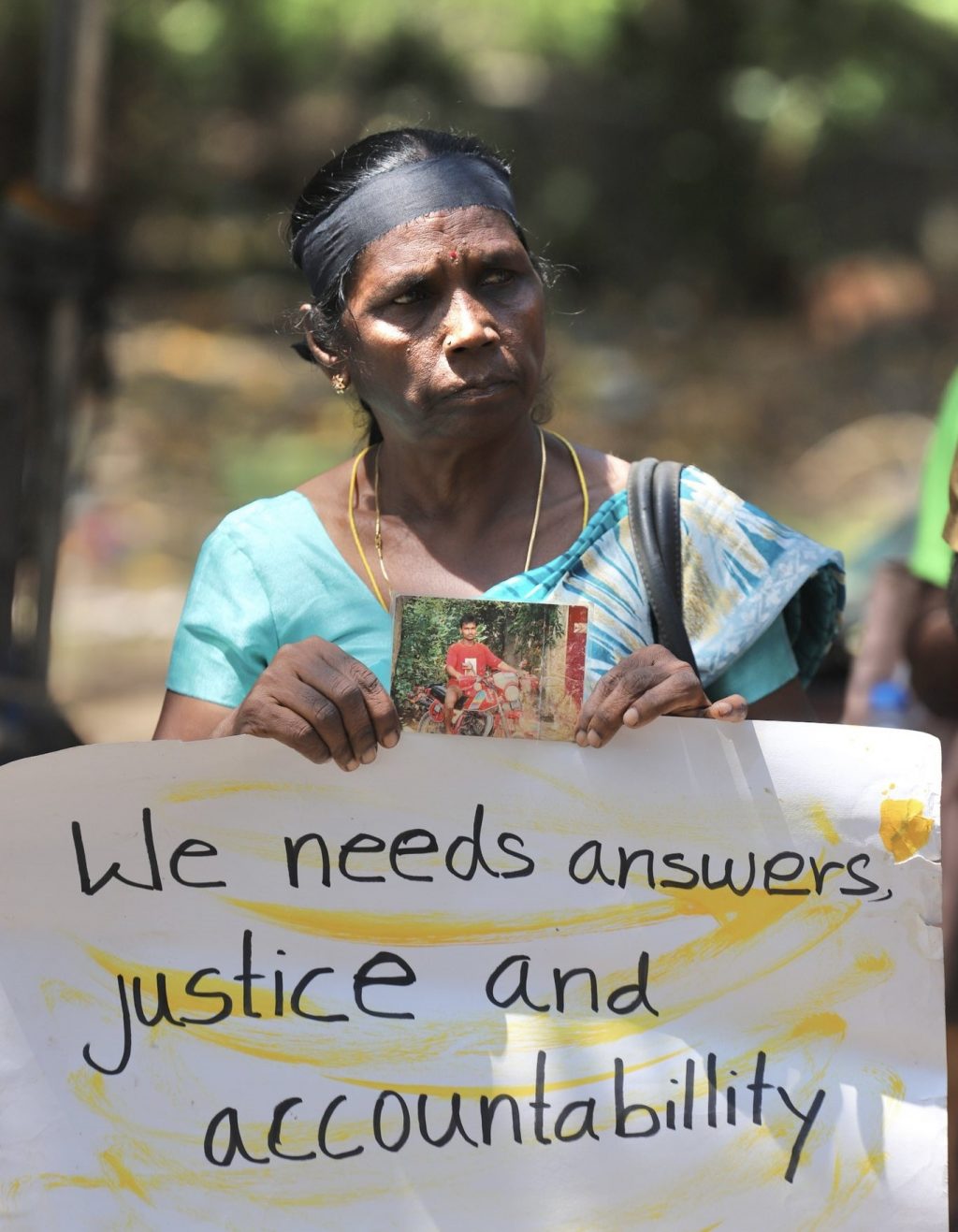
As the world marks International Women’s Day, Sri Lanka’s Prime Minister Dr. Harini Amarasuriya has called for urgent and transformative action to address the deep-rooted inequalities that continue to shape women’s lives, particularly those from marginalized communities. Relatives of victims of direct war crimes staged a protest and asked for ” true action” and “justice” for their loved ones.
“Today, (on the 08th March) as we mark International Women’s Day, we stand at a crucial moment in history. This is a time to come together—not just to celebrate the progress we have made, but to confront the deep structural inequalities as well as misogynistic ideologies that continue to shape the lives of women, in all their diversity—not only in Sri Lanka but all over the world.” said the Prime Minister Harini Amarasuriya.
In her speech, the Prime Minister emphasized that while progress has been made, structural barriers and misogynistic ideologies still hinder women’s rights and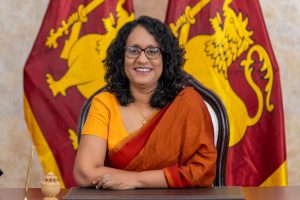 safety.
safety.
“No woman is safe until every single woman is safe,” she declared, urging collective action to ensure no one is left behind.
Prime Minister Amarasuriya highlighted the disproportionate challenges faced by women in rural areas, war-affected regions, plantations, and the informal labor sector, pointing out that gender-based violence, economic hardship, and political exclusion continue to impact them the most.
She underscored the importance of women’s representation in leadership, stating that despite a significant increase in women in parliament during the last election, it remains insufficient.
“Our democracy is incomplete when a significant portion of our citizens is excluded from leadership and decision-making,” she stated.
At a time when Sri Lanka is navigating economic recovery, climate change, digital transformation, and democratic challenges, the Prime Minister stressed that the country cannot afford to sideline half of its population.
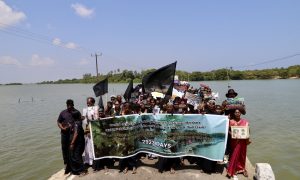 “Women’s voices, leadership, and agency are essential to overcoming these challenges and building a resilient future for all,” she said.
“Women’s voices, leadership, and agency are essential to overcoming these challenges and building a resilient future for all,” she said.
Acknowledging the contributions of feminist movements, the Prime Minister reaffirmed her government’s commitment to advancing policies that prioritize the rights and agency of women and girls. She urged action beyond rhetoric, calling for gender-sensitive policies, budgets, and tangible change in women’s lived experiences.
The Prime Minister also said that this IWD, let us commit to transformative action—not just in words, but through gender-sensitive policies, budgets, and the lived experiences of all women and marginalized communities.
“When women thrive, communities thrive. When women lead, nations transform. This International Women’s Day, let’s unite and move beyond words. Let’s commit to real, lasting change—for the generations before us, for those fighting today, and for those who will come after.” She concluded her statement.
Meanwhile, in conjunction with Women’s Day, women who have been directly affected by the war in the North and East and who have been fighting for years for their husbands, children, and siblings to go missing have staged a protest demanding justice for their missing relatives.
“As mothers, fathers, and families, we continue this long and courageous fight, seeking accountability for the enforced disappearances of our dearest ones,” said one of the women leaders of the struggle.
They were holding a banner – the main banner that read, “What happened to our loved ones who were handed over to the Sri Lanka Army at Vadduvaggal during the final days of the war?”
Also, they exhibited some placards with their demands written in three languages. Among those placards, in English and Sinhala languages, were “Justice for Tamils! Not fake celebrations” and “We can’t allow to pay compensation and cover up the crime!”
“We call upon the new government to give us the demand justice and call upon everyone to stand with us in solidarity and demand justice!” they told the media.
These Tamil families, especially the women of the forcibly disappeared, marched across Vadduvagal Bridge in Mullaitivu, marking eight years (2,923 days) of continuous protest demanding “truth and justice” for their loved ones: the bridge, a symbolic location tied to the final days of the war in 2009.


